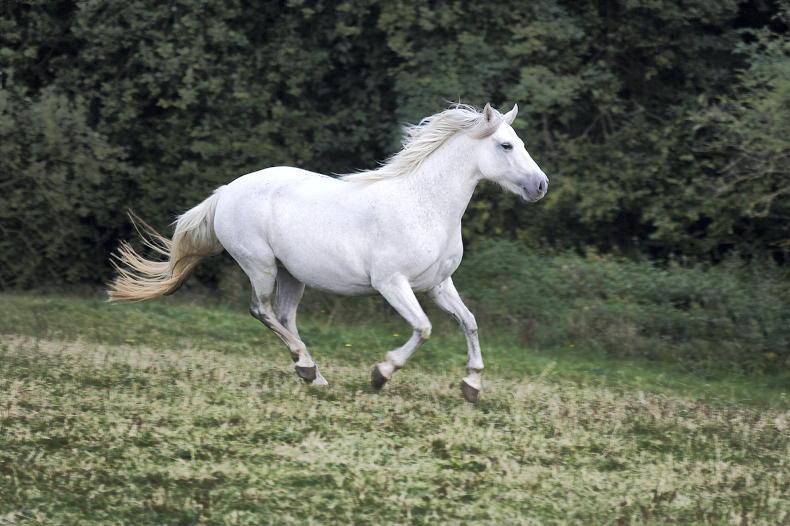A NEW study from the Royal Veterinary College (RVC) has determined new factors that can indicate insulin dysregulation (ID) in ponies. The study findings confirm that physical observation (ie, looking at the external characteristics of the individual animal) alone is not a wholly accurate predictor of the condition which is associated with an increased risk of laminitis.
The research, conducted in association with the Waltham Equine Studies Group and the SpillersTM brand, found that ID may occur in ponies across a wide range of body conditions, ages and levels of exercise, not just in those that are overweight.
In addition, the study demonstrated that ID was less common in ponies that undertook more exercise including low-intensity exercise.
These findings will impact the variables considered by equine health professionals when targeting ponies for ID screening, helping to ensure that early indicators of increased risk of laminitis are not missed. The impact of even low-level exercise as identified in the study on reducing occurrence of ID is also an important consideration for horse owners as exercise can be modified.
Insulin is a hormone which controls the rate by which cells, largely in muscle and liver tissue, absorb glucose (sugar) from the blood. ID describes a high ‘resting’ level of insulin in the blood and/or an exaggerated insulin production response to the consumption of sugars as well as tissue insulin resistance, a failure of cells themselves to respond to insulin. The association between ID and laminitis, a common but extremely painful condition which affects the tissue in hooves, is well established and early detection of ID is likely to be useful in preventing laminitis.
To determine the predictors of ID, researchers from the RVC performed a total of 1,763 oral sugar tests (OST) on 367 non-laminitic ponies every spring and autumn over four years. The OST measures the concentration of insulin in the blood of ponies before and 60 minutes after they were given a sugar syrup by mouth (orally).
Nicola Menzies-Gow, Professor in Equine Medicine at the Royal Veterinary College and co-author of the study, said: “Laminitis is a painful and potentially devastating conditions affecting horses, ponies and donkeys worldwide. Our studies focus on trying to identify those individual animals that are at a high risk of developing the condition so that preventative strategies can be implemented before the disease occurs.”




 This is a subscriber-only article
This is a subscriber-only article
 It looks like you're browsing in private mode
It looks like you're browsing in private mode









SHARING OPTIONS: